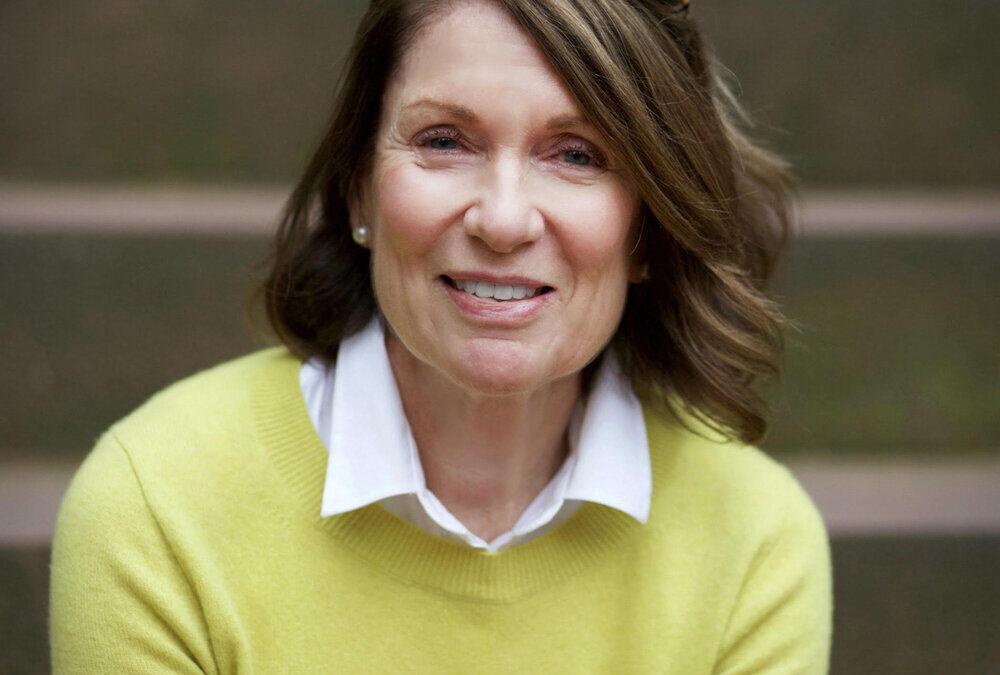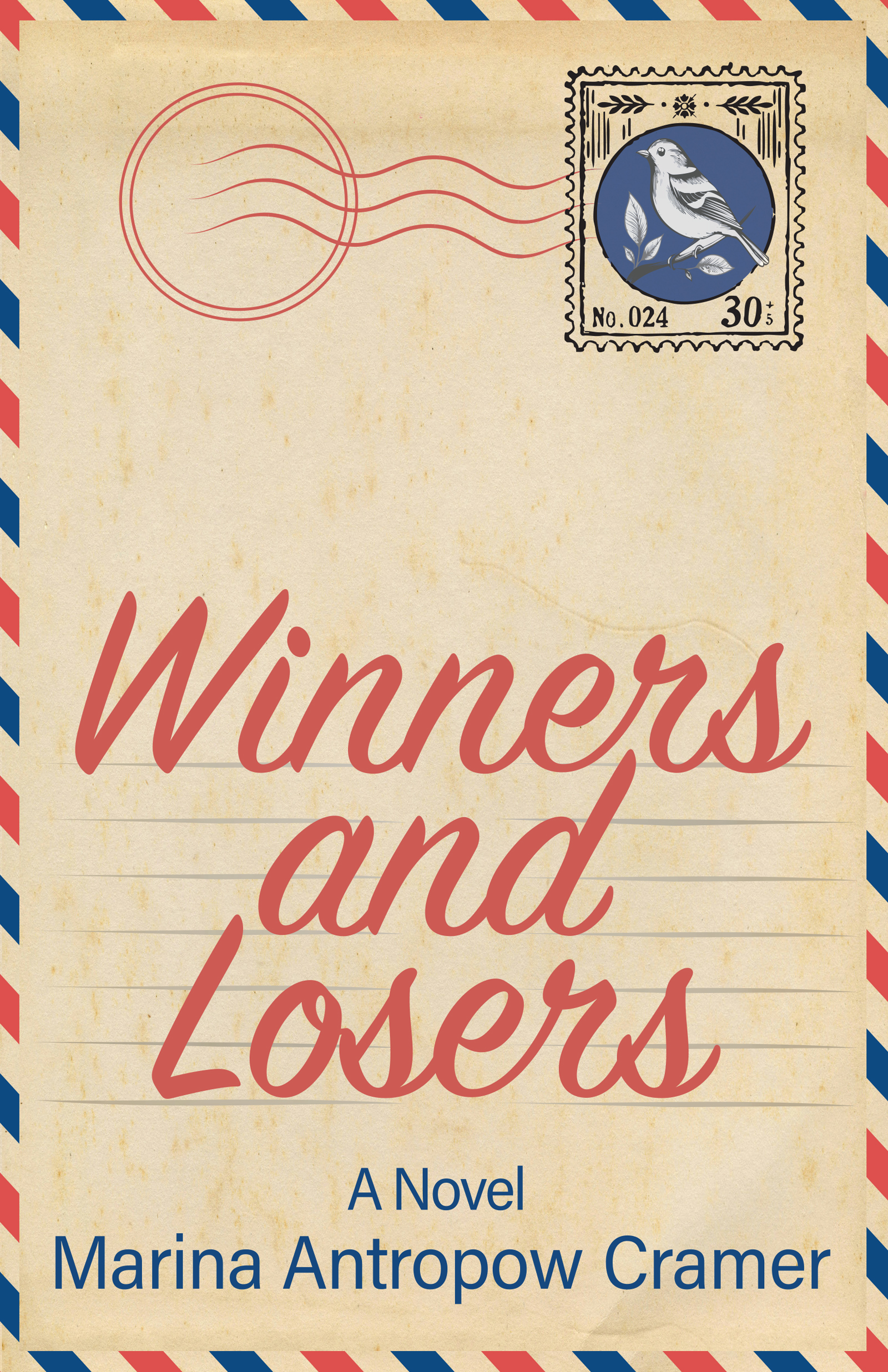Jessie Dunleavy’s memoir, Cover My Dreams in Ink: A Son’s Unbearable Solitude, A Mother’s Unending Quest, tells the story of her son, Paul, a boy whose learning differences constrained his connections with others and whose poetry depicts an inner life otherwise unknown, and her advocacy for him, from the fight to obtain an appropriate education through the fight for his life as he entered the harrowing world of addiction. Tracing an often heart-wrenching and mostly challenge-filled journey, the memoir offers a portrait of a mother and son who, faced with bitter disappointments and often insurmountable obstacles, manage to cope with adversity, although each in their own way and sometimes in opposition to each other. What becomes obvious in their story is the bond between them, a bond based upon unconditional love.
Q: When did you realize you wanted to write a memoir? What inspired you?
A: I realized it a few months after my son’s death. I was inspired by his poetry, which represented an inner life that most people who knew him wouldn’t recognize. My initial thought was to publish his poetry but then I realized his writings would be more meaningful if presented in the context of his life.
Q: What have you learned through writing your memoir? (This can be about anything!)
A: I have learned more than I could have imagined. For one thing, my learning curve was steep in terms of the process itself—from the writing to the editing, from seeking a publisher to promoting myself, and to working through the multiple steps with the publisher. But most important, I learned about myself—something that took me by surprise, and which I address in the Author’s Note: “In the end, seemingly disparate segments of the past converged to expose connections otherwise unknown to me.”
Q: What impact do you think your book will have on drug policies in America?
A: I am not sure. I think the story of my son’s life illustrates the fact that addiction begins years before the drugs, and that those who suffer a difficult life are more vulnerable to chaotic drug use, and that, absent hope for the future, these people need help in the form of lifting them up, rather than shaming and further marginalizing their already bleak existence and sense of powerlessness. But my book has catapulted me into becoming an activist and joining forces with like-minded groups that hopefully will be the force for change. I believe civil disobedience is required to move this country forward on this particular crisis.
Q: What is the significance of the bike that is featured throughout the novel?
A: My son loved biking, which was his primary mode of transportation, and—at the time of his death—he was a bicycle delivery driver for a sandwich shop.
Q: Do you have any advice for other mothers that have/are going through a similar experience?
A: Everyone experiences grief in their own way, but what’s universal is the fact that there is no way to avoid the realities of it. I believe in allowing people to grieve and to avoid trying to abbreviate it or hide it—it is a component of love. For those whose loss is the result of an overdose, I encourage them to understand there is no shame in it, and that the more we stand up for the dignity of people who use drugs, the more we can beat down the stigma that in essence is the culprit in our country’s inability to curtail the shocking number of overdose deaths.
Q: What is the greatest lesson you were able to learn from your son Paul?
A: Paul taught me so much. He was humble, resilient, and insightful. Every day, I come across something he said, or recall things he did that reflect his goodness. I think his stamina and his fortitude in continually trying to forge a better life, even against the often insurmountable odds, has given me the strength to carry on and to try to help others rather than wallow in my own sadness, or ruminate over that which I cannot change.
Q: As an activist for the failed war on drugs, what would you say has been your greatest success thus far?
A: Working locally, with individuals and in small groups, to shed light on all the many misunderstandings regarding drug use and the policies that actually contribute to the number of overdose deaths.
Q: What does the title to your novel mean or symbolize?
A: The title is taken from one of Paul’s poems, Pleading with Gravity. The line jumped out at me for several reasons: the reference to ink in light of the fact that he was a writer and I am writing a book; and in reference to the fact that his dreams were unrealized as are mine.
Pleading with Gravity
Oh gravity why do you blind me with your wicked, ill-fated tempers?
Every time I attempt a climb up and out of your crippling power,
You welcome me with a fall from grace, back to your cold ground.
Am I destined to your chains?
Am I a part of your city sidewalk, in a puddle of beer or cracked glass?
Do you contain my prayers so they’ll never reach the maker?
Do you intercept these wishes and hide them?
I want to sing and climb on stars, gravity.
I want to do a handstand on the moon and dip my feet in the pacific.
I want to cover miles to grasp a notion of what infinity means.
I want to cover my dreams in ink and repel you with my pen.
I want to hide in my poem and sleep with my own inspiration.
But I’m stuck here with you gravity,
And I’m bearing your weight for you.
Q: Was it hard for you to write about your son? Do you feel as though writing helped you throughout the healing processes?
A: It was both hard and healing. The hard part was that it forced me to recall and focus on the many hardships he endured, some of which were the result of bad luck, and some at the hands of others—a very painful reality. Also painful was the realization of the mistakes I made, some of which I had a sense of at the outset but much crystalized as a result of pulling it all together. It was healing in ways that are hard to explain, but I can say it was a diversion, a purpose, a way of honoring Paul for his many endearing quirks and remarkable strengths. And, in the process, my activism was born and is something that is more healing than anything else. If my efforts can make a difference for one person suffering as he did, then Paul’s life was not in vain.
Q: Do you have any tips for aspiring writers?
A: I do not consider myself an authority, but I would recommend having a greater concept of the scope of the process at the outset. I was driven to start this project, to write. And then write some more. I didn’t know anything about the many other facets of writing a book. In the end, maybe the outcome would be the same; and, I was never unhappy or impatient with the process, but certainly do not consider the degree of my naivety an enhancement to the experience or the outcome.

